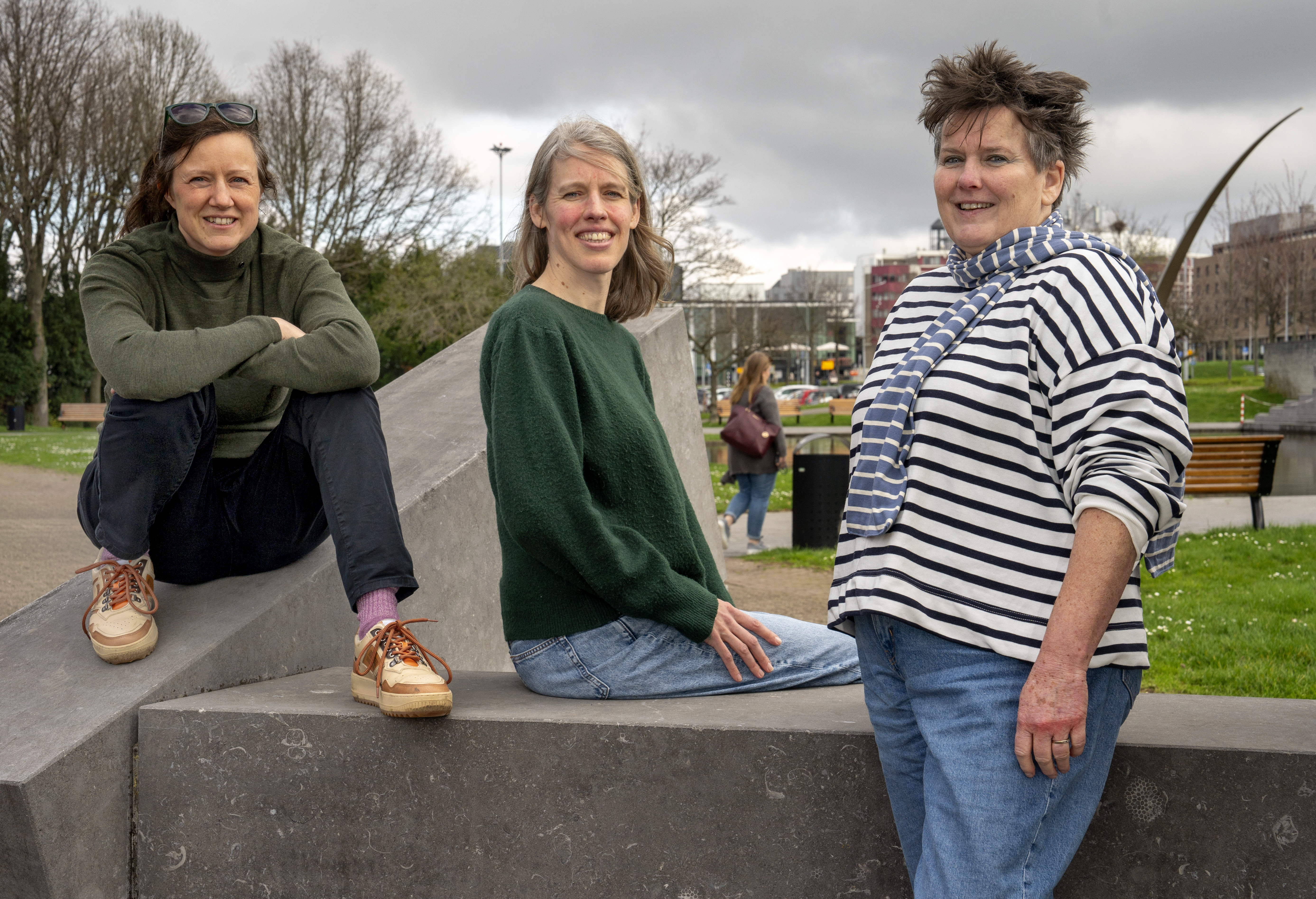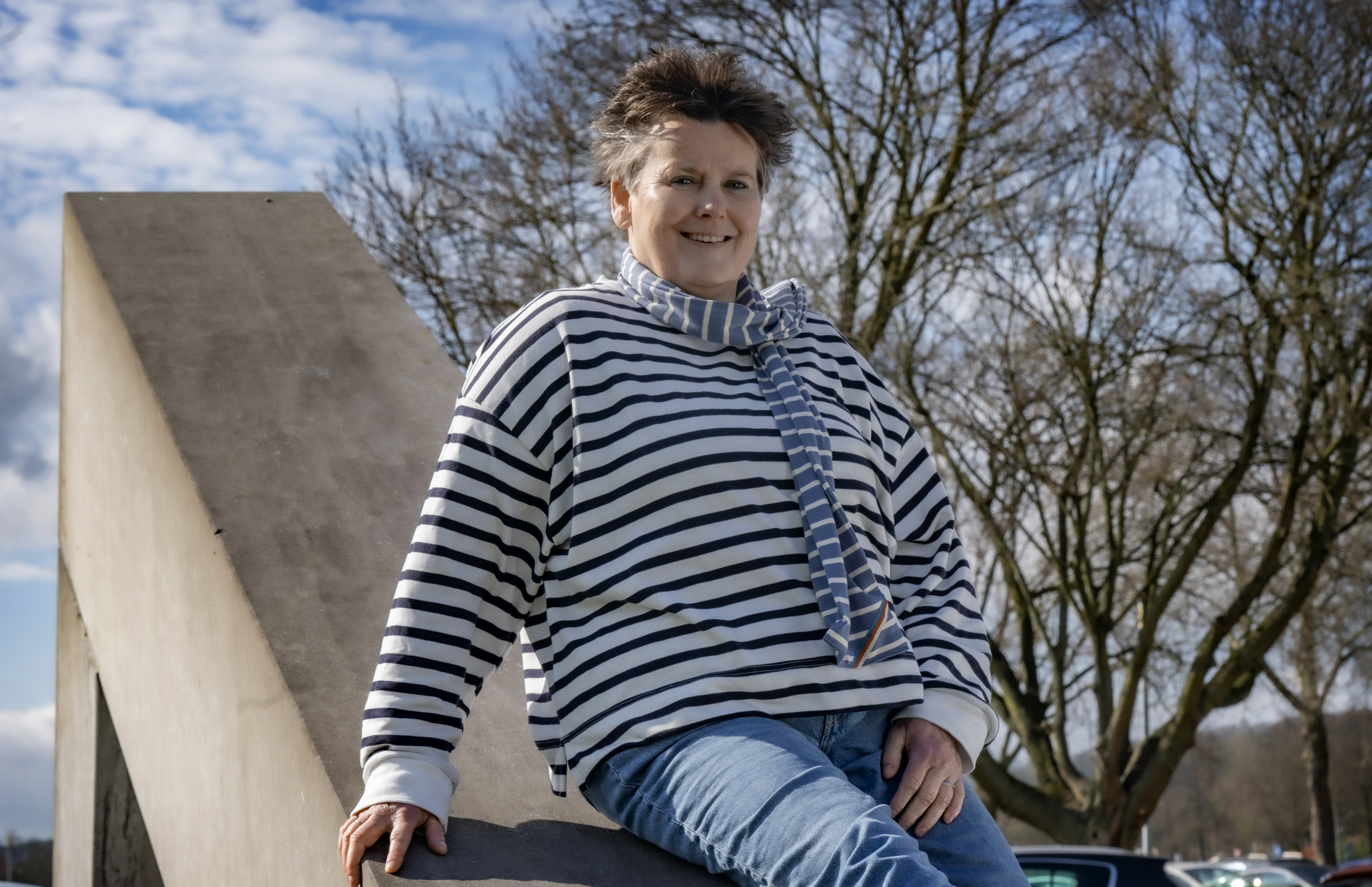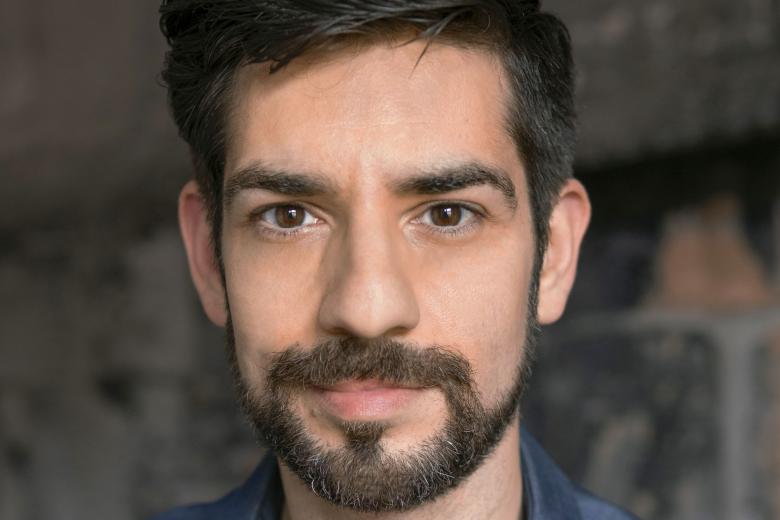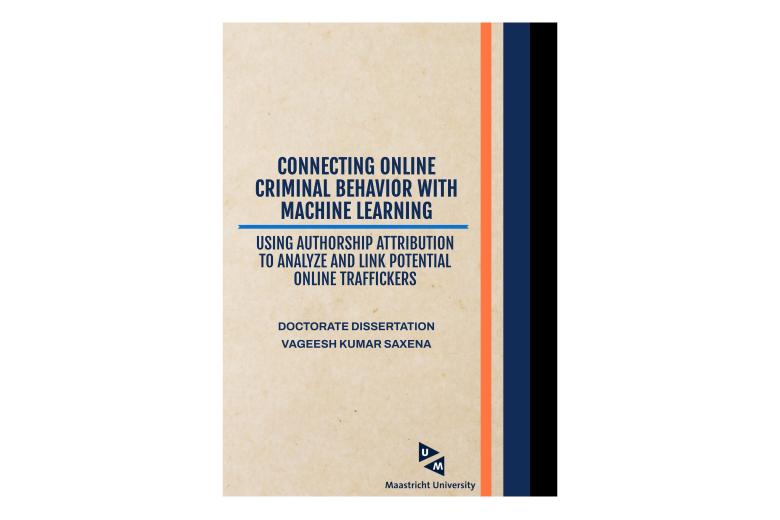University in the neighbourhood: collaborating to improve local health
As a researcher, how can you best find out what a neighbourhood needs to improve the health and quality of life of its residents? Before you can enter into dialogue and roll up your sleeves together, public spaces are needed where researchers and residents can get together. In 2016, philosophy professor Klasien Horstman and her colleagues Mare Knibbe and Sanne Raap launched UniversiteitmetdeBuurt (University in the Neighbourhood), including an initiative to create more meeting places in the neighbourhood. Here, Horstman shares her enthusiasm over the special collaboration between Maastricht University (UM) and residents of various neighbourhoods in northwest Maastricht.
Can you share more about the idea behind UniversiteitmetdeBuurt?
“The initiative emerged from a citizens’ summit that we organised in 2014 and 2015 with students and the municipality of Maastricht. The first summit was held citywide, the second for residents in the low-income neighbourhoods of northwest Maastricht. The new laws of the ‘participatory society’ were set to demand a lot from citizens in terms of mutual support, and we wanted to ask residents how they experienced their quality of life. A key focus during those meetings was the question ‘What is important to citizens when it comes to health and wellbeing?’
“One thing that came to the fore was that citizens are prepared to help each other, but they miss social interaction. The disappearance of public functions and spaces in recent years—community centres, shops, churches, sports grounds and so on—has left hardly any places where people can get together spontaneously. We realised that as a university, we can play a role in this and collaborate more with residents.”
Why is this important for UM, and for you as researchers?
“Academic research often relies heavily on support from citizens. Researchers will turn to citizens briefly for an interview or survey, but that’s it. They also tend to focus on what they consider important; the knowledge of residents themselves is not recognised or taken seriously. I don’t believe in that approach. If we really want to learn something, we need to put down roots and establish long-term connections with citizens. Showing up regularly and actually sticking around sheds a different light on the neighbourhood and the lives of its residents—which is not only valuable, but also allows you to give something back. When it’s appropriate, we offer our knowledge and network to citizens in the places where we conduct research. That’s why you can find us on Saturdays joining in the local waste-collection drive!”
“If we really want to learn something, we have to work harder and stick around for longer. Establishing long-term connections sheds a very different light on the neighbourhood and the lives of its residents.”
Klasien HorstmanWhat can you tell us about the everyday activities of the UniversiteitmetdeBuurt?
“There are diverse initiatives; for example, a monthly philosophy café where residents can talk, share experiences and gain new insights. We also played a role in the creation of the SamenGroener foundation, which focuses on making neighbourhoods greener and more social. They’re now working on revitalising the Viegenpark in the Malpertuis district with playgrounds, garden maintenance and occasional park activities. And there’s the theme Burgerkennis in de buurt, which focuses on making use of the knowledge of local citizens. An example is the Beihuis, a neighbourhood meeting place in the Brusselse Poort shopping centre. The Beihuis is open to everyone and offers activities including games, life-story writing, training from experience experts on recovering from illness or injury, and other activities related to resilience and recovery.”

Who can use UniversiteitmetdeBuurt?
“Everyone. We don’t work with target groups and don’t want to pigeonhole anyone. We find it important that people who may at first glance differ in age, background or culture come into contact with one another. For example, students from a local vocational high school drop by every week to chat with elderly people. The etiquette is to be open-minded and avoid forming cliques. This lowers the barrier to entry, especially for people with a non-Dutch background or people who are struggling for whatever reason. People can also just come in for a cup of coffee; they don’t have to say or do anything. We often have photo exhibitions, too, which makes it easy for visitors to walk in and look around. We want to make everyone feel welcome without necessarily having to know others. For me as a researcher, it’s interesting to see how a society functions and how connections are formed when you don’t put people in boxes first.”
“UniversiteitmetdeBuurt is for everyone. We find it important that people with different backgrounds come into contact with one another. You’re welcome here without necessarily having to form a club.”
Klasien HorstmanWhat insights have you gained?
“First of all, it’s led to interesting and insightful meetings. Many of the people we encounter in our work have no idea that the university is involved, and that’s fine. It’s not that we’re incognito: when it’s relevant, we communicate that we’re conducting research, but it’s not our entry point. We’re there without being too overtly present. And we’re not there to solve every problem that arises. We brainstorm, help and facilitate where possible, and establish connections with other institutions, such as the municipality, housing associations and welfare organisations. Beyond that, we want to leave it up to residents to organise the activities themselves. That way, we encourage people to help, get involved and share things with one another. We mainly provide space and hospitality.
“Many people who come in indicate that they often feel lonely, but we don’t turn lonely people into a target group; we don’t talk them into thinking they lack social skills. Instead, we accept that loneliness is something that everyone feels now and then, without problematising or magnifying it. We see that talking and doing activities with others gives people a sense of self-worth and confidence. Therein lies the power of organising social contact in this way.”

“I think you need to tell a different kind of story about low-income neighbourhoods. A story that acknowledges the impoverishment and limitations of public spaces in low-income neighbourhoods, but also the richness and resilience of residents.” - Klasien Horstman
So we can call the UniversiteitmetdeBuurt a success?
“Definitely. During a recent assessment of our research school, residents were asked how they had benefited from cooperating with us. They said that our insights helped them to tell a different story about life in low-income neighbourhoods. They often hear the same stories about unhealthy lifestyles or loneliness, in which they only have themselves to blame. Changing that narrative doesn’t mean glossing over poverty, but recognising people’s capabilities and wisdom, even if they don’t have a university degree. Telling a different, richer story can also help to break down the clichés about neighbourhoods with so-called low socioeconomic status.”
Text: Sanne Tummers
Photography: Harry Heuts
Maastricht University is proud to be the most international university in the Netherlands. We are grateful for the richness and diversity provided by our international staff, students and study programmes—and the ensuing endless supply of inspiring stories. This is one of those stories.
#FromTheRegionForTheRegion.
Do you want to read, watch and listen to more stories? Visit our campaign page.
Also read
-
Costas Papadopoulos awarded Open Science NL grant
€1.5 million for Open Science Digital Infrastructure for 3D Scholarship
-
AI and the Future of Tax Law: Rethinking Compliance, Governance, and Legal Design
On 17-18 December 2025, the Maastricht Centre for Taxation hosted an international online conference titled “AI and the Future of Tax Law: Rethinking Compliance, Governance, and Legal Design”.
-
Connecting Online Criminal Behavior with Machine Learning: Using Authorship Attribution to Analyze and Link Potential Online Traffickers
PhD thesis by Vageesh Saxena